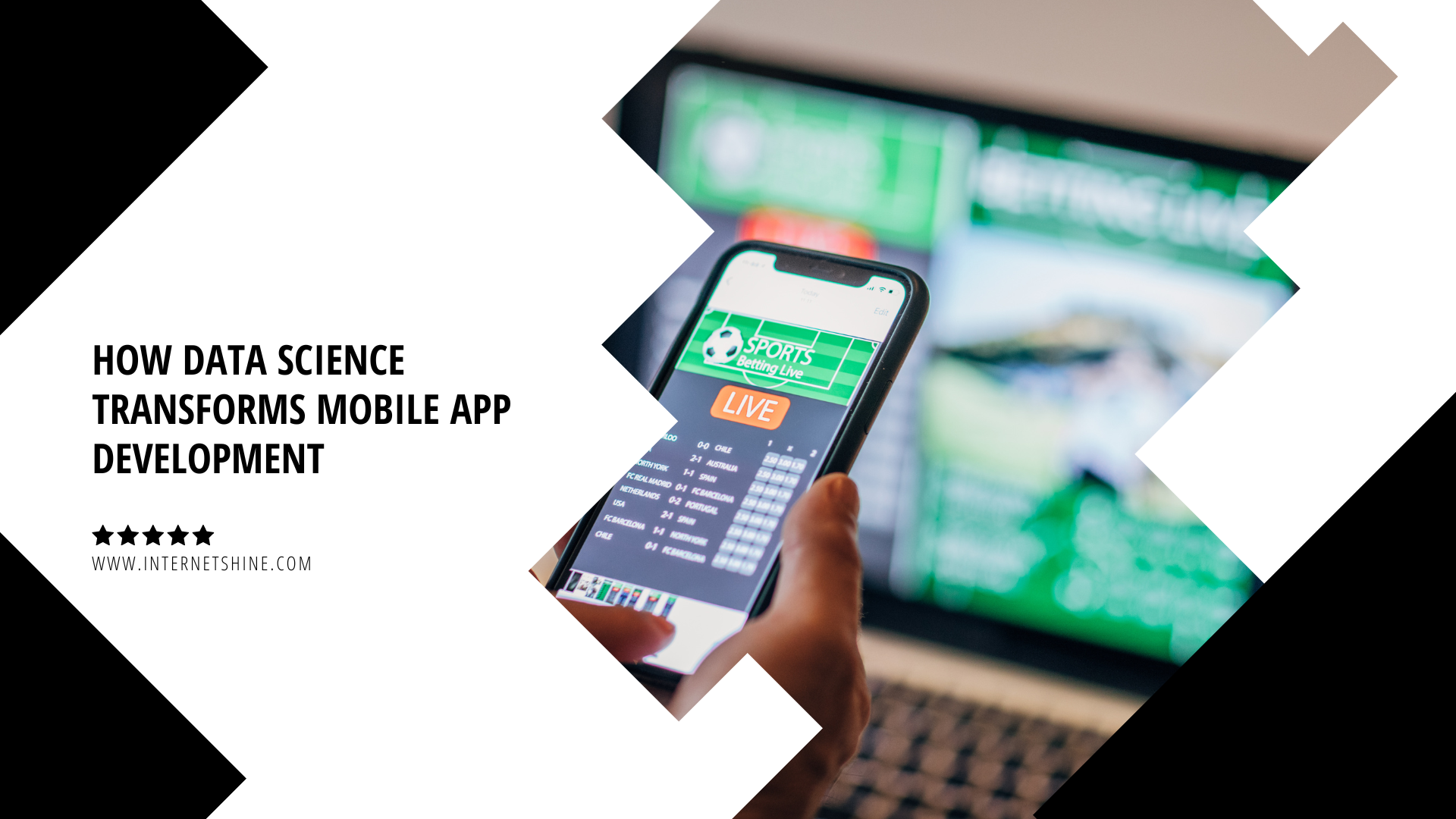How Data Science Transforms Mobile App Development
In today’s digital era, mobile applications have become an integral part of our daily lives, enhancing convenience, connectivity, and efficiency. As the mobile app market continues to grow exponentially, developers are seeking innovative ways to stay ahead of the curve. Enter data science—a transformative force revolutionizing the way mobile apps are designed, developed, and deployed. This blog explores how data science is reshaping mobile app development, offering unprecedented opportunities for innovation and user satisfaction.
Understanding Data Science in Mobile App Development
Data science involves the extraction of insights and knowledge from structured and unstructured data using scientific methods, processes, algorithms, and systems. In the context of mobile app development, data science encompasses a variety of techniques, including machine learning, artificial intelligence, and big data analytics, to create smarter, more responsive, and user-centric applications.
Personalization and User Experience
One of the most significant impacts of data science on mobile app development is the ability to deliver personalized user experiences. By analyzing user behavior, preferences, and usage patterns, developers can create tailored content and recommendations that resonate with individual users. This level of personalization not only enhances user satisfaction but also increases engagement and retention rates.
For instance, streaming services like Netflix and Spotify leverage data science to analyze viewing and listening habits, offering personalized recommendations that keep users coming back for more. Similarly, e-commerce apps use data analytics to suggest products based on previous purchases and browsing history, creating a seamless shopping experience.
Predictive Analytics for Improved Decision Making
Predictive analytics, a key component of data science, empowers developers to anticipate user needs and make informed decisions. By analyzing historical data and identifying trends, predictive models can forecast future behavior and outcomes. This capability is invaluable in mobile app development, where understanding user preferences and anticipating market trends can lead to more successful apps.
For example, mobile gaming companies use predictive analytics to understand player behavior and optimize game design, ensuring that players remain engaged and satisfied. By predicting which features will resonate most with users, developers can prioritize updates and enhancements that drive user satisfaction and revenue growth.
Enhancing App Performance and Reliability
Data science also plays a crucial role in optimizing app performance and reliability. Through continuous monitoring and analysis of app usage data, developers can identify performance bottlenecks, crashes, and other issues that affect user experience. By addressing these problems proactively, developers can enhance app stability and performance, leading to higher user satisfaction and retention.
Tools like A/B testing, enabled by data science, allow developers to experiment with different app features and designs to determine which variations perform best. This iterative approach ensures that the final product is not only functional but also optimized for maximum user satisfaction.
Security and Fraud Detection
In an age where data privacy and security are paramount, data science offers robust solutions for enhancing app security and detecting fraudulent activities. Machine learning algorithms can analyze user behavior to identify anomalies and potential security threats in real-time. This proactive approach enables developers to mitigate risks and protect user data effectively.
Financial apps, for example, use data science to detect unusual transaction patterns that may indicate fraud. By continuously analyzing transaction data, these apps can flag suspicious activities and prompt users to verify their transactions, enhancing overall security and trust.
Conclusion
The integration of data science into mobile app development is transforming the industry, enabling developers to create smarter, more personalized, and secure applications. By harnessing the power of data analytics, machine learning, and predictive modeling, developers can anticipate user needs, optimize app performance, and deliver exceptional user experiences. As the mobile app market continues to evolve, data science will remain a pivotal force driving innovation and success in app development.
Embrace the power of data science and unlock new possibilities in mobile app development. Whether you’re a developer looking to enhance your skills or a business seeking to create cutting-edge apps, the future of mobile app development lies in the intelligent use of data.

